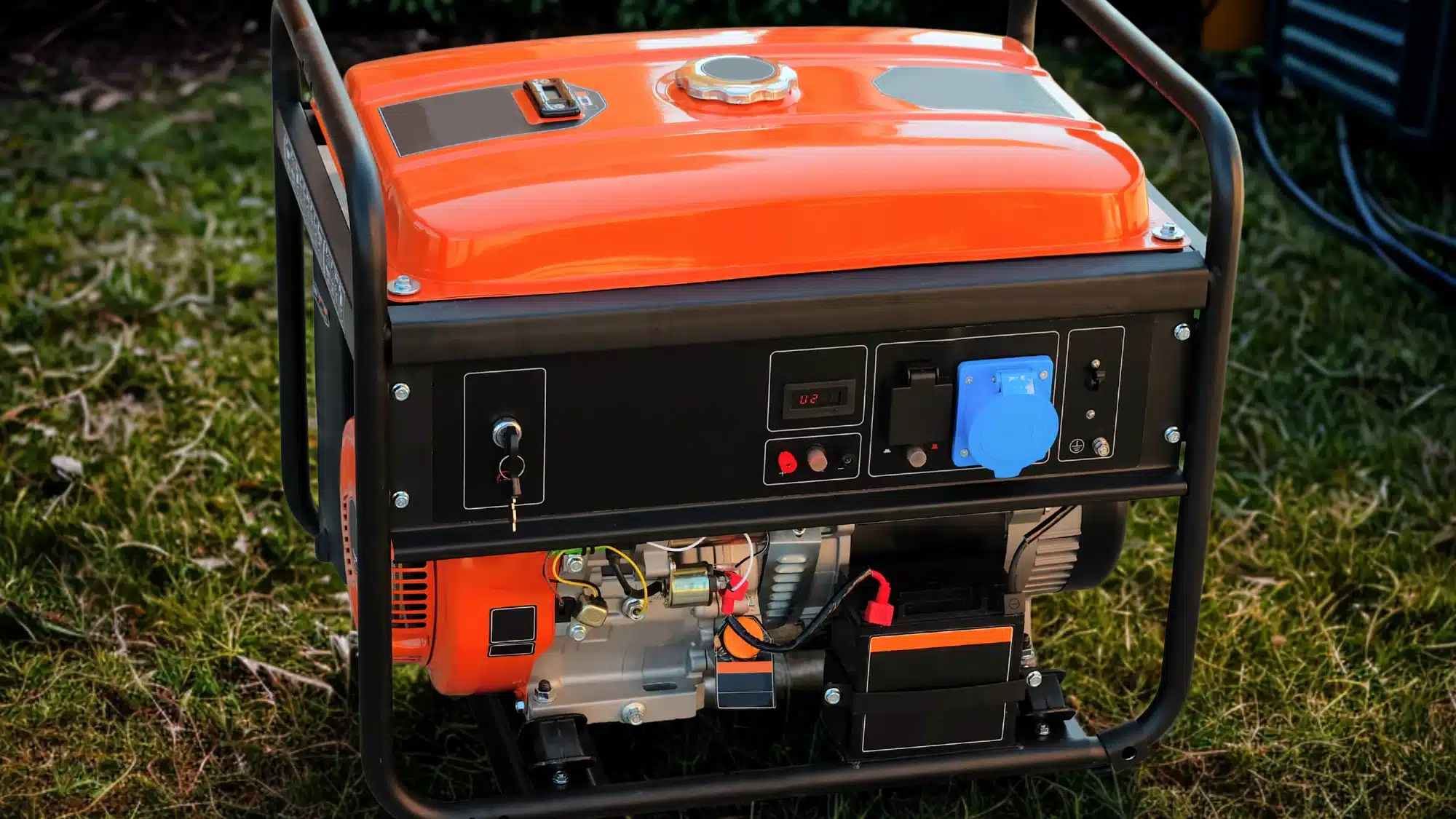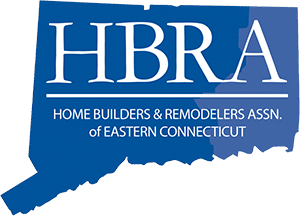Generator hookups and backup power plans are essential for protecting your home or business from summer storms and unexpected blackouts. B. Jags Electric explains how to prepare, the safest installation methods, and why searching for a professional “electrician near me” to hire is crucial for reliable backup power.
Why Prepare for Summer Storms and Blackouts?
Summer storms can cause sudden power outages, leaving you without lights, refrigeration, or air conditioning. A backup generator ensures your essential appliances and systems keep running, minimizing disruption and protecting your property from damage.
Generator Hookup Options
There are two main ways to connect a generator to your home:
1. Extension Cords and Gen-Cords
- How it works: Run extension cords from your generator (placed outside, at least 10 feet from openings) to individual appliances inside your home.
- Pros: Simple and inexpensive for powering a few devices.
- Cons: Limited capacity, less convenient, and can be a tripping hazard. Not suitable for whole-house backup.
2. Transfer Switches (Recommended)
- How it works: A transfer switch is professionally installed near your electrical panel. During an outage, you connect your generator to the switch, which safely powers selected circuits in your home.
- Pros: Safe, convenient, and allows you to power multiple circuits or your entire home. No need for multiple extension cords.
- Cons: Requires installation by a licensed electrician near me for code compliance and safety.
Professional Generator Installation: What to Expect
Hiring a qualified electrician ensures your generator hookup is safe, reliable, and meets local codes. Here’s what the process involves:
- Site Assessment: The electrician inspects your property to determine the best location for the generator and transfer switch, considering safety codes and convenience.
- Foundation Setup: The generator is placed on a stable base, such as a concrete pad, to keep it secure during storms.
- Electrical and Gas Connections: The generator is wired to your electrical panel with a transfer switch and connected to a fuel source (natural gas or propane).
- System Testing: The electrician tests the system to ensure the generator and transfer switch operate correctly and safely.
- Final Walkthrough: You receive instructions on operating and maintaining your backup power system.
Safety Tips for Generator Hookups
- Never plug a generator directly into a wall outlet (backfeeding), as this is extremely dangerous and illegal.
- Always operate generators outdoors, away from windows and doors, to prevent carbon monoxide poisoning.
- Only a licensed electrician near you should install transfer switches and connect generators to your home’s electrical system for safety and insurance compliance.
Why Choose B. Jags Electric?
B. Jags Electric specializes in generator hookups and backup power solutions tailored to your needs. Our experienced team ensures every installation is code-compliant, safe, and ready for the next summer storm. If you’re searching for a reliable “electrician near me,” trust B. Jags Electric for peace of mind and expert service.
Prepare now for summer storms and blackouts—contact B. Jags Electric, your trusted electrician near me, for a consultation and customized backup power plan.





